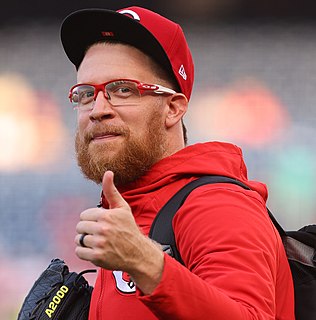A Quote by Tom Perez
Misclassification means workers are denied not just minimum wage and overtime but other social safety net protections like workers' compensation and unemployment insurance.
Related Quotes
The workers who harvest our food have been systematically denied the basic rights that are granted to all other American workers. They can be fired for trying to form a union or for attempting to improve their working conditions. They are not eligible for overtime pay, disability, or even unemployment insurance.
Union membership is not the sole guarantor of job security and a living wage, but nonunion factory workers do not enjoy the same protections as union workers. They're subject to exploitation, underpayment and lower standards of workplace safety - which is also often the case for manufacturing workers outside the United States.
Minimum wage laws tragically generate unemployment, especially so among the poorest and least skilled or educated workers... Because a minimum wage, of course, does not guarantee any worker's employment; it only prohibits, by force of law, anyone from being hired at the wage which would pay his employer to hire him.
[E]conomic liberty and creative entrepreneurship are the basis of any solution to today's social and economic difficulties. Blaming business, setting wages, and attempting to run the economy by decree from Washington only exacerbates the problems. Consider the minimum wage. It seems so simple: Tell business to pay its workers more. But a hike in the minimum wage is essentially a tax, punishing precisely those companies that hire workers with the least skills.
Undocumented workers can't report if they're not being paid overtime, or if their health and safety laws are being violated, of if they're not getting the minimum wage. And so a lot of times companies prefer to hire them in order to take advantage of them. We've got to crack down on those employers.
I know firsthand that many employers who comply with other labor standards still hire the undocumented. Many businesses pay the minimum wage and have barely tolerable working conditions because there are sufficient undocumented workers willing to accept those terms. If we care about low-income workers in this country, we need to create pressure to improve their economic condition by reducing the supply of unauthorized workers.
Sharp increases in the minimum wage rate are also inflationary. Frequently workers paid more than the minimum gauge their wages relative to it. This is especially true of those workers who are paid by the hour. An increase in the minimum therefore increases their demands for higher wages in order to maintain their place in the structure of wages. And when the increase is as sharp as it is in H.R. 7935, the result is sure to be a fresh surge of inflation.


































